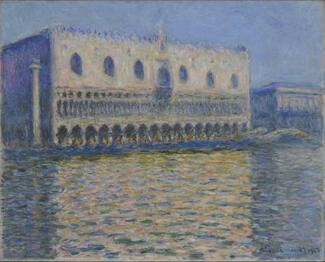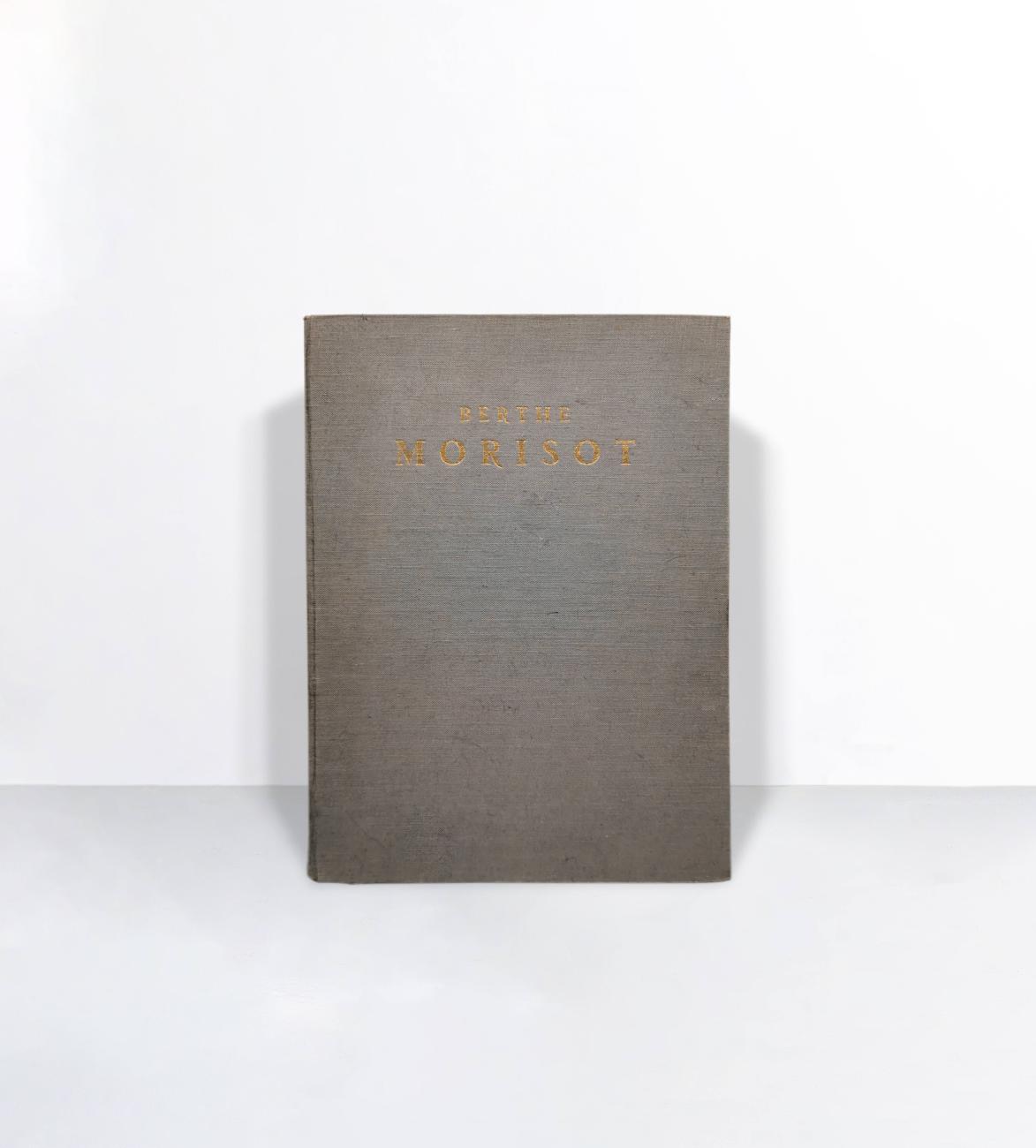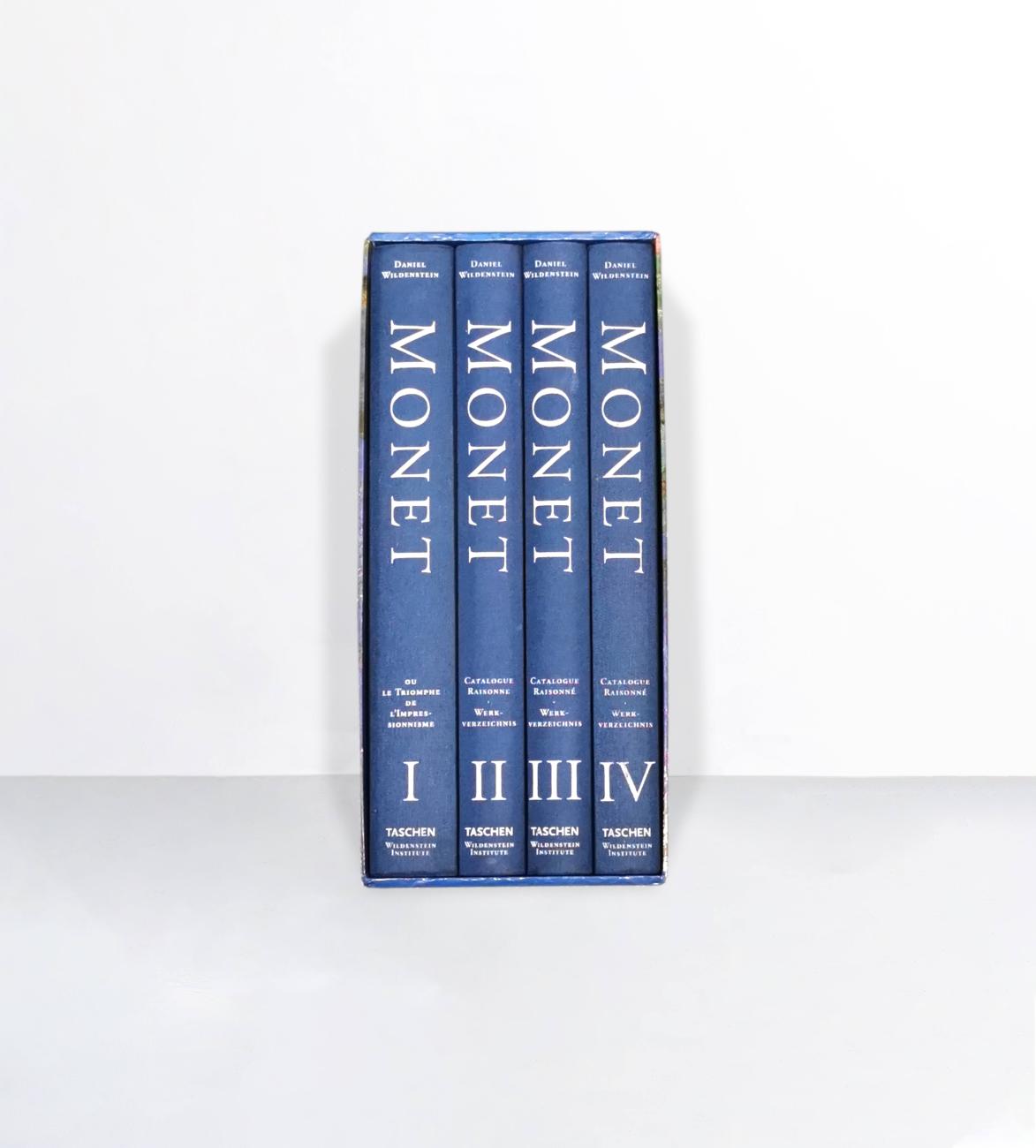
Monet to Morisot: The Real and Imagined in European Art Various
Dates : Vendredi 11 février 2022 - Dimanche 21 mai 2023
Vernissage : Vernissage ven 11 fév 2022, 11:00
Adresse : Brooklyn Museum, 200 Eastern Parkway, 11238 Brooklyn
Brooklyn Museum
200 Eastern Parkway
Brooklyn, NY 11238
États-Unis
Description, horaires...
Featuring nineteenth- and early twentieth-century artworks from our collection by artists born in Europe or its colonies, Monet to Morisot: The Real and Imagined in European Art focuses on a period of significant societal transformation, when artistic techniques, subject matter, and patronage underlying profound changes.
The “real and imagined” throughline of the exhibition offers an evocative and flexible lens through which to consider the artworks across five interrelated themes, unbound by chronology, and to encourage critical questions: What is real and what is imagined in works that assert and reflect views of gender, class, labor, colonialism, and nature? Who produces these frames of reference, and for whom? These questions also remind us that the traditional canon of European art history is both imagined and real. It is a construct imagined by and serving a narrow, self-designated constituency, but it has had a very real impact on what has been collected and displayed in museums.
Presented are approximately ninety works by Claude Monet, Gustave Courbet, Berthe Morisot, Francisco Oller, Henri Matisse, Pablo Picasso, Yves Tanguy, and Vasily Kandinsky, among others.
Monet to Morisot: The Real and Imagined in European Art is curated by Lisa Small, Senior Curator, European Art, with Shea Spiller and Talia Shiroma, Curatorial Assistants, Arts of the Americas and Europe, Brooklyn Museum.
Livres
Mise en avant de votre exposition sur la pages pilier de ONE ARTY MINUTE : Page d’accueil + page LES EXPOSITIONS + Page LES VERNISSAGES + Instagram et FB.
Nos pages reçoivent principalement des visites de professionnels et d’amateurs d’art. En activant votre Pack Boost, vous assurez la visibilité de votre exposition dès sa publication.
7 jours (pack essentiel)
Affichage illimité sur les pages majeures de One Arty auprès d’une cible composée de 100% de passionnés d’art.
15 jours (pack avantage)
Une économie de 15% pour une visibilité renforcée auprès d’un public passionné d’art.
30 jours (pack Boost total)
Une économie de 33% pour un coût de 13,3 € par jour.

